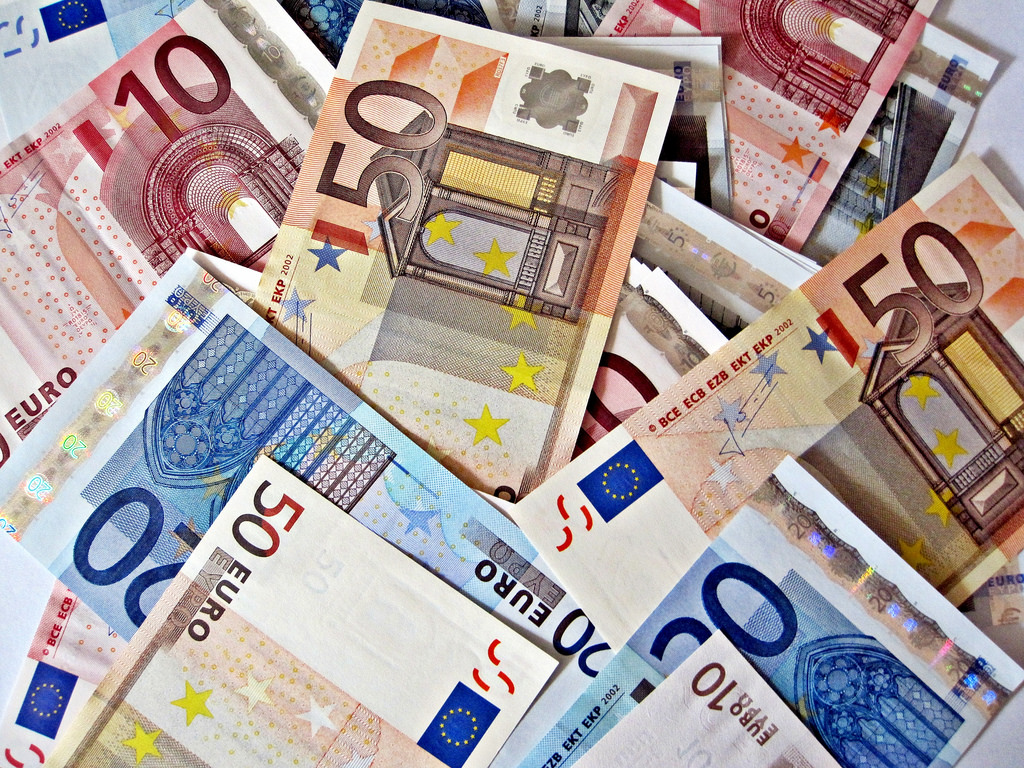Euro, Swedish crown languish near multi-year lows on ECB's dovish signals

The euro and the Swedish crown languished near multi-year lows on Friday, hurt by dovish signals from the European Central Bank as traders braced for fresh volatility ahead of U.S. jobs data later in the day. The euro was marginally higher on the day at $1.1209 after tumbling 1 per cent on Thursday to touch $1.1176, its lowest since June 2017. The currency is headed for its worst weekly decline - 1.5 per cent - in over a year.
Currencies of European countries not part of the eurozone, such as the Swedish crown and Hungarian forint, have also been hit hard by the ECB's decision aimed at battling deteriorating business activity. On the other hand, the greenback reached a new 2019 high against a basket of currencies that includes the euro as traders bet the United States would fare better than Europe in the coming months despite some soft patches in the U.S. economy.
The February U.S. jobs report, to be released at 1330 GMT, could stack more pressure on the floundering euro. Economists polled by Reuters expect to see 180,000 jobs added in the United States last month, after two months of staggering growth. With the Federal Reserve's monetary pivot already priced in, some investors are wondering if the dollar's recent gains could become more sustained. "Lower interest rate expectations in Europe mean a likely rise in the U.S. dollar. For now U.S. labour market data decides how far this all goes," Societe Generale strategist Kit Juckes said.
The dollar index against a basket of six major currencies was a shade lower at 97.515. The greenback was down half a percent at 111.065 yen , stretching overnight losses, amid risk aversion in broader markets. The yen, a perceived safe haven, attracts demand in times of political tensions and market turmoil. The euro's big hit on Thursday came as the ECB pushed back the timing of its first post-crisis interest rate hike to 2020, cut its economic forecasts and launched a new round of cheap bank loans.
(With inputs from agencies.)
- READ MORE ON:
- Central bank
- European Central Bank
- Pound sterling
- This Is Us
- Us Weekly
- US Foods
- Carriage Traders
- Day trader
- Flow Traders
- Swedish language
- The Crown
- Crown prince
- Net worth
- Euro coins
- Euro 6
- Developing country
- World population estimates
- Central America
- Institutional investor
- Angel investor










